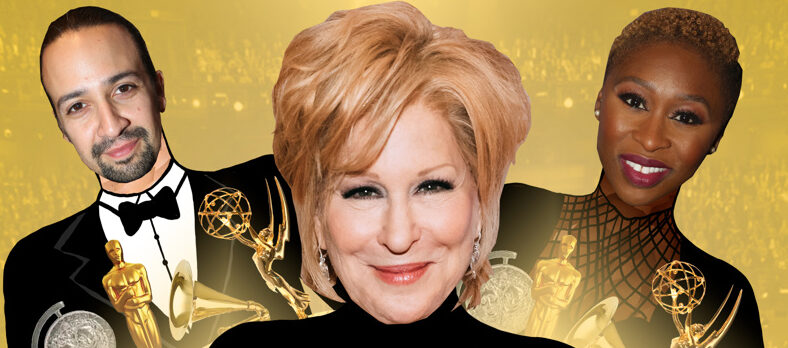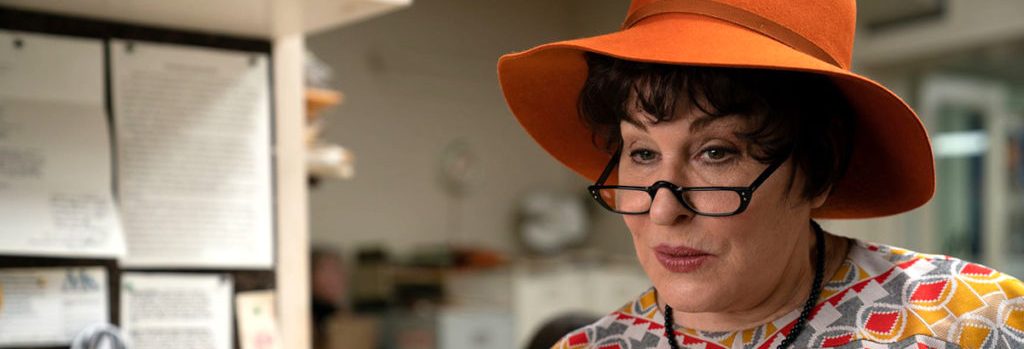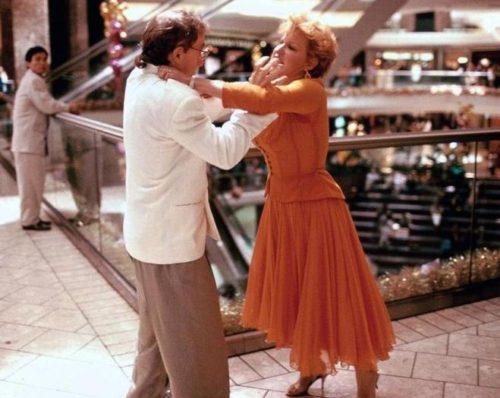Bloomberg
Scarlett Johansson’s OpenAI Complaint Mimics Bette Midler’s Ford Case
By Joshua Brustein
May 22, 2024

For all the noise around AI’s unprecedented nature, it would be hard to more faithfully replicate the facts behind literal legal precedents about whether celebrities control their voices. In 1985, Ford Motor Co. asked Bette Midler to sing her cover of the song “Do You Want to Dance” for a commercial. When she declined, the company acquired the rights to use the song, hired someone else, and instructed her to sing it just like Midler would have. Midler sued, and an appeals court ruled in her favor.
Given that OpenAI is a tech company, it’s reasonable to ask whether Sky was made with a cloned version of Johansson’s voice. The company denied this in a blog post, saying Sky’s voice is that of another actor, whom it paid handsomely but would prefer not to name. Legally, this doesn’t matter much. Companies aren’t allowed to replicate celebrities’ likenesses for commercial products without their permission, regardless of how they do it. “You don’t have to use the person’s voice for there to be a liability; in the same way, a drawing of a person’s face could be a violation,” says Jennifer Rothman, a law professor at the University of Pennsylvania and a leading expert on the right of publicity.
It might also be challenging for OpenAI to convince a court that it wasn’t trying to imitate Johansson’s voice, given her statement that the company wanted to hire her to do the voice. As the court in the Midler case put it, “Why did the defendants ask Midler to sing if her voice was not of value to them?” And it sure doesn’t help that on the event day, OpenAI CEO Sam Altman—who has publically called Johansson’s movie “prophetic”—posted a single-word message to X: “her.”
It isn’t clear that Johansson will sue—after all, the offending voice is gone. The more important takeaway from the episode may be what it says about OpenAI’s business practices. The company tends to secrecy regarding how it develops its core technologies and where it gets all the data into its models. By its own account, OpenAI is playing with enormous economic and legal stakes and, as Altman told Bloomberg’s Emily Chang last year, people shouldn’t just trust him.
Tech companies have often played fast-and-loose legally in search of enormous early growth, claiming as they do that their innovations are developing too quickly for current rules and regulations to apply. But things are often more straightforward than they want to admit, says Robert Clarida, a prominent intellectual property lawyer at Reitler Kailas & Rosenblatt. Courts have also become less susceptible to arguments that tech companies should be given broad leeway to bend the rules. “OpenAI is not a startup in a garage,” he says.






